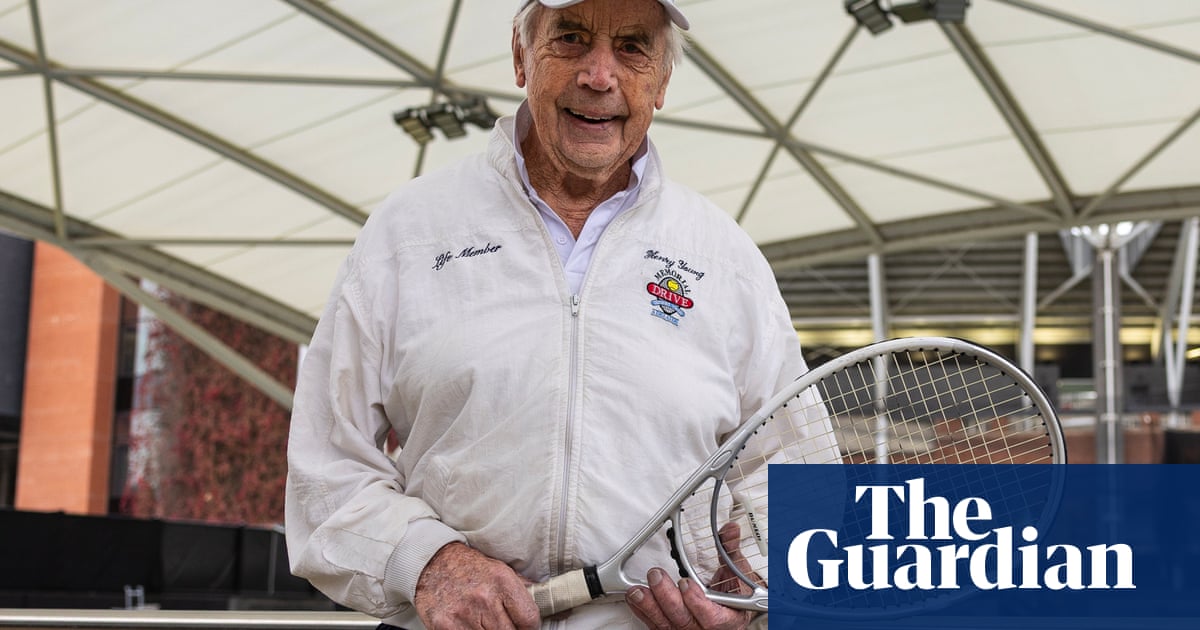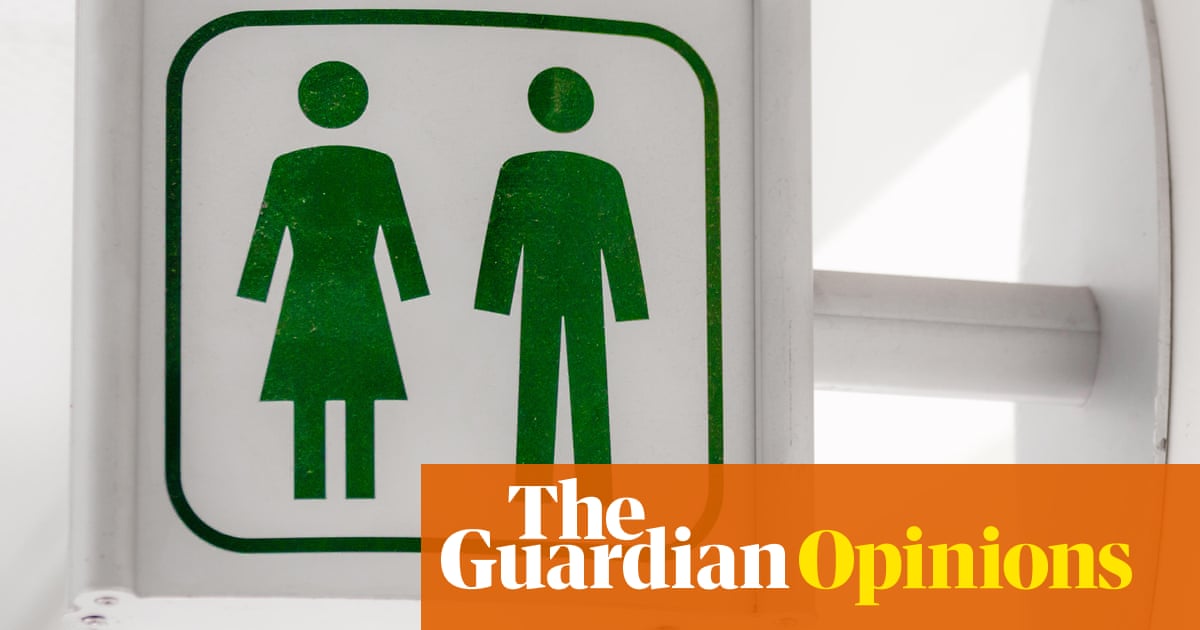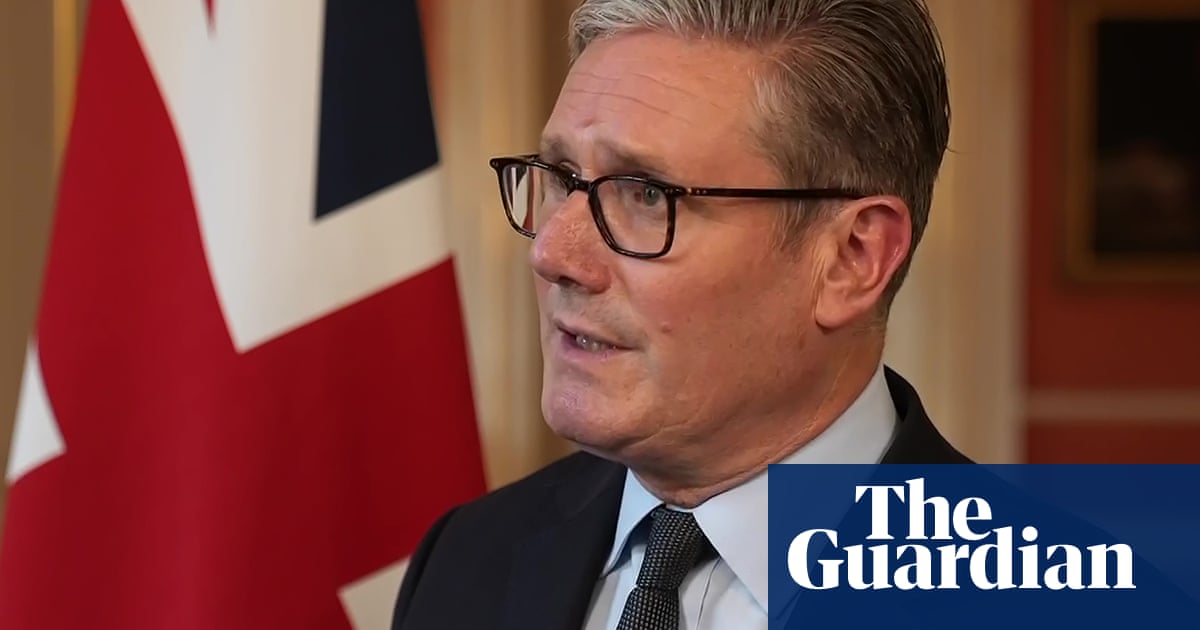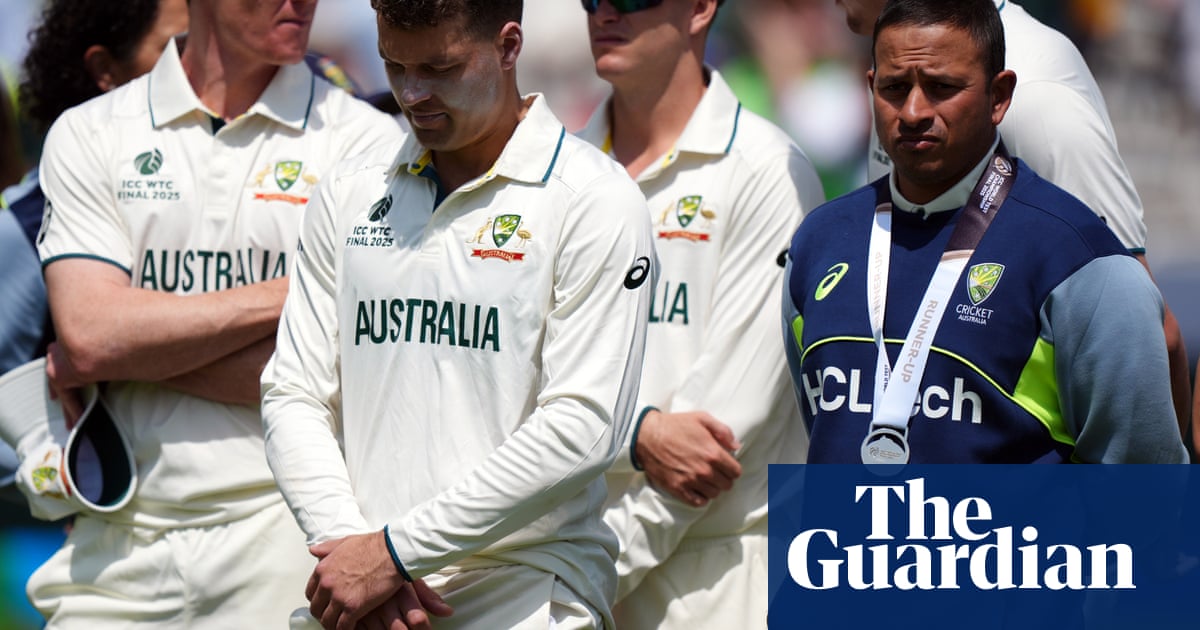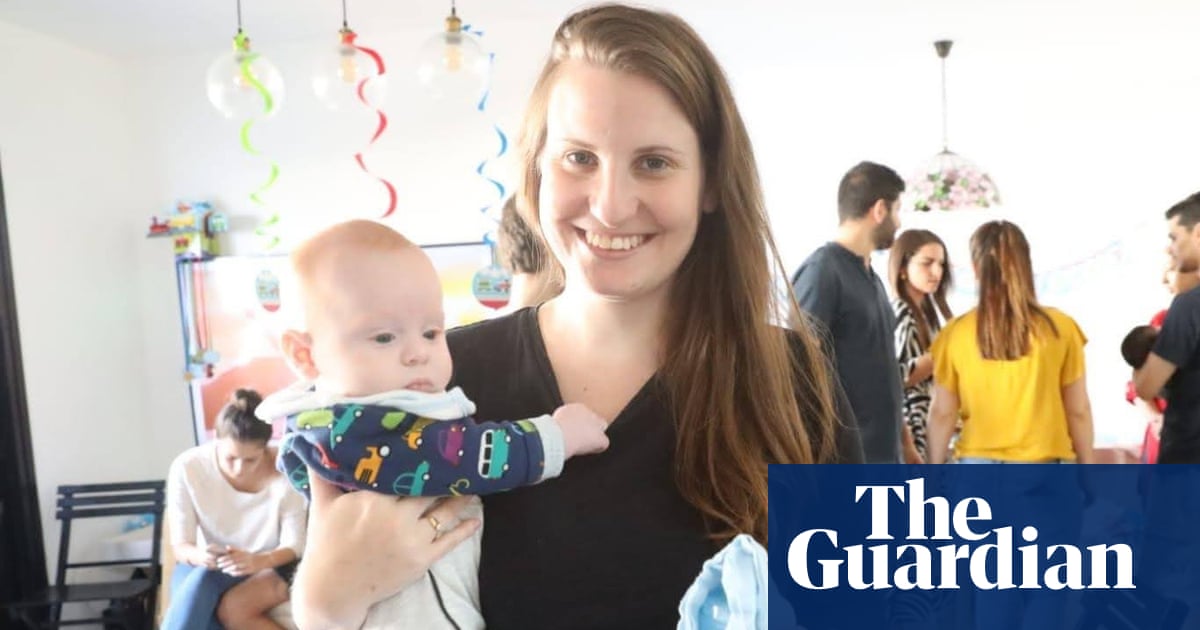-
Vladimir Putin has said for the first time in years that he is open to bilateral talks with Ukraine – having previously demanded Volodymyr Zelenskyy be replaced before it could happen. Zelenskyy, whom Putin has falsely called an illegitimate president, meanwhile said Kyiv was prepared for any discussion to halt attacks on civilian targets. The Ukrainian president, in his nightly video address, said: “Ukraine maintains its proposal not to strike at the very least civilian targets. And we are expecting a clear response from Moscow. We are ready for any conversation about how to achieve this.”
-
Putin, speaking to Russian state TV, said: “We have always talked about this, that we have a positive attitude towards any peace initiatives. We hope that representatives of the Kyiv regime will feel the same way.” However, Putin has previously stipulated that elections must be held in Ukraine to elect a new president who would be his interlocutor. Elections are not permitted under the Ukrainian constitution while the country is, unavoidably, in a state of martial law.
-
Putin and Zelenskyy face pressure from the Trump administration in the US which has threatened to walk away from its peace efforts unless some progress is achieved. There have been no direct talks between the two sides since the early weeks after Russia’s February 2022 invasion.
-
Luke Harding writes from Kyiv that Moscow appears to be deliberately stalling the peace talks, betting that continued battlefield gains will bolster its position and enable it to demand greater concessions at the negotiating table. Russian attacks on Monday killed at least three people in Ukraine’s southern Kherson region, after an informal 30-hour Easter ceasefire declared by Putin that Kyiv said Moscow’s armed forces repeatedly violated. Zelenskyy said Russia had launched numerous attacks using artillery and drones, as well as infantry. The most active part of the Easter frontline was near the city of Pokrovsk, in the eastern Donetsk region, he said, while enemy forces also continued combat operations in Russia’s Kursk region where Ukrainian units hold a small amount of territory. Russia claimed Ukraine broke the ceasefire.
-
A Ukrainian delegation is due in London on Wednesday for talks with Britain, France and the US. Zelenskyy said on Monday: “We are ready to move forward as constructively as possible.” The talks are a follow-up to a Paris meeting last week where the US and European states discussed ways to end the war and the US secretary of state, Marco Rubio, reportedly presented Washington’s plan for ending the war. Zelenskyy said the London talks “have a primary task: to push for an unconditional ceasefire. This must be the starting point.”
-
Leaks suggest the Trump administration is now pushing for a “peace deal” that heavily favours Russia. It would include a pause to the conflict along the existing 1,000km frontline; recognition that Crimea belongs to Moscow; and a veto on Ukraine’s Nato membership. There are also unconfirmed reports that the Zaporizhzhia nuclear power station – which Russia seized in 2022 – would be part of a “neutral” zone. Russia has maintained its maximalist demands, that Ukraine cede all the land Putin claims to have annexed and accept permanent neutrality. Ukraine says that would amount to surrender and leave it undefended if Moscow attacks again.
-
Because of Viktor Orbán’s intransigence and siding with Putin over the Ukraine war, Brussels is considering its “nuclear” option of removing Hungary’s voting rights under the European Union treaty, writes Jennifer Rankin. Under Orbán’s prime ministership, Hungary has repeatedly sought to block EU sanctions against Russia, though eventually backed down. It has vetoed the release of €6bn to reimburse EU countries providing military aid to Ukraine and refused to sign declarations in support of its invaded neighbour. The removal of voting rights from Hungary under the EU treaty’s article 7 would deliver a reckoning for Orbán just as he faces his toughest political challenger in years: Péter Magyar, whose Tisza party has extended its lead on Orbán’s Fidesz, with elections due next year.
-
A Russian journalist who faced up to 10 years in prison for criticising the army has escaped house arrest and is wanted by police, Russian state media has reported. Ekaterina Barabash, 63, was arrested in February. She had been an outspoken critic of Moscow’s war on Ukraine, writing on Facebook that Russia had “bombed the country” and “razed whole cities to the ground”. Putin has made it illegal to criticise the army and the “special military operation” against Ukraine. Former Russian state TV journalist Marina Ovsyannikova, who protested against the Ukraine war during a live broadcast, escaped Russia in 2022 after fleeing house arrest.

.png) 1 month ago
60
1 month ago
60




